In interventionist position, France FM threatens sanctions on Lebanese politicians
French Foreign Minister Jean-Yves Le Drian has threatened sanctions on “well-known political officials” in Lebanon, who, he claims, are obstructing the formation of a new government in the cash-strapped Arab country, as Paris apparently pushes harder to impose its own will on its former colony.
“We will take measures against those who continue to obstruct a solution to the crisis in Lebanon and the coming days will be fateful,” Le Drian said before the French Senate on Wednesday.
Le Drian claimed the crisis in Lebanon “is not caused by a natural disaster but by well-known political officials,” accusing certain Lebanese political forces, which he did not specify, of being “deliberately intransigent and not seeking to get out of the crisis.”
The French foreign minister further claimed that some political parties in Lebanon are placing impossible demands and putting impossible conditions, making it difficult for the country to solve the ongoing crisis.
Lebanon is still waiting for a new government to be formed months after caretaker Prime Minister Hassan Diab’s cabinet resigned in the wake of a massive explosion at Beirut port on August 4 last year, which ravaged the heart of residential areas and the city’s vibrant commercial district.
More than 200 people were killed and over 6,000 others injured in the giant blast. Dozens of people are still unaccounted for.
Compounded by the COVID-19 pandemic, the country is experiencing its worst economic crisis in decades as prices are skyrocketing and more than half of the population is now living below the poverty line.
Prime minister-designate Saad al-Hariri and President Michel Aoun have been at loggerheads for months over the makeup of a new cabinet.
Diab has threatened that he would stop performing his duties as the caretaker prime minister in a bid to pressure political forces to form a new government as he faced criticism for both being passive and overstepping his caretaker role.
Lebanese Parliament Speaker Nabih Berri said late last month that the crisis-stricken Arab country is in “danger” and would sink "like the Titanic” if a new government was not formed within the next two months.
Since the Beirut explosion, France’s President Emmanuel Macron has paid several controversial trips to his country’s former colony under the guise of helping speed up government formation.
Macron had proposed a roadmap to Lebanese authorities to unlock billions of dollars in funds from the international community.
In a blatantly interventionist position, the French head of state has also threatened Lebanese leaders with sanctions if they do not submit to reforms and a “political change,” which are sought by Paris.
Macron also accused the entire ruling elite in Beirut of “corruption and betrayal.”
Reacting to Macron’s meddling, Sayyed Hassan Nasrallah, the secretary of Lebanon’s Hezbollah resistance movement, said in September 2020 that “We were welcoming of President Macron and the French initiative, but not on the basis of him acting as a general prosecutor, a judge … and the ruler of Lebanon.”
Egypt will make ‘all possible efforts’ to help resolve crisis in Lebanon: FM
Meanwhile, Egyptian Foreign Minister Sameh Shoukry also said on Wednesday that his country will “continue to exert all possible efforts alongside the Lebanese political parties to overcome the crisis facing the formation of the new government.”
Shoukry, who was visiting Lebanon for the first time since the Beirut Port explosion, criticized “the ongoing political deadlock preventing the formation of a government of specialists capable of meeting the needs of the brotherly Lebanese people and achieving stability, not only for Lebanon but for the region and Egypt.”
He conveyed a message from Egyptian President Abdel Fattah El-Sisi to his Lebanese counterpart that expressed Cairo’s solidarity with Beirut and its support for the efforts to form a new government which “would open the door for regional and international support and therefore serve the common interests of the region’s countries, but primarily those of the brotherly Lebanese people.”
Araghchi warns Turkey, Iraq against border 'terror' activity amid US-Israeil aggression
UN experts condemn unlawful US-Israeli aggression against Iran
US war on Iran burns past $1bn in early days, with total projected to exceed $95bn
US officials warn of challenges posed by Iranian drones
'We warned repeatedly about the limit to our patience': Hezbollah leader
IRGC announces 'blinding' US, Israel's eye in region; vows harsher retaliation coming
Iraqi resistance leader urges Americans to ‘reclaim’ country from Israeli ‘puppet Trump
Iran blasts US-Israeli use of autonomous killer systems against civilians as 'war crime'


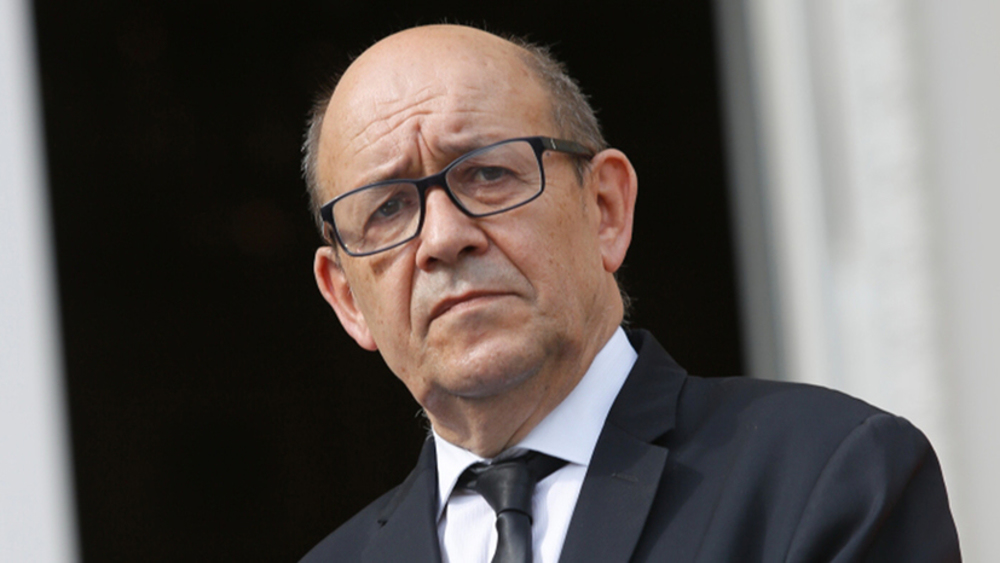

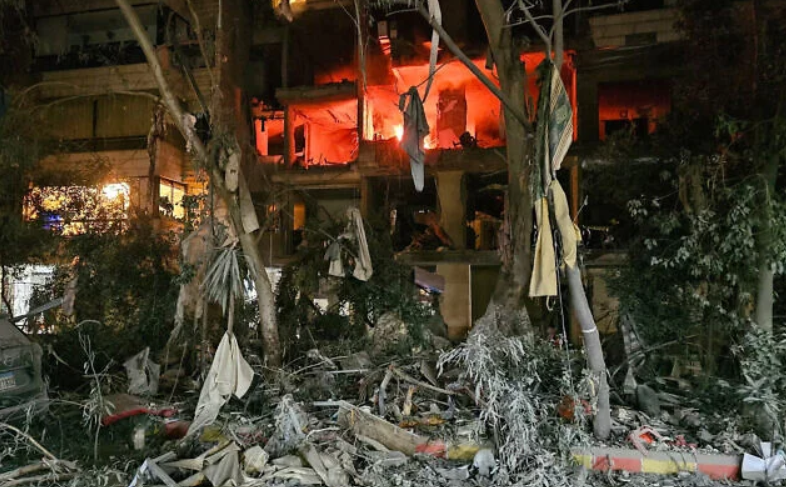
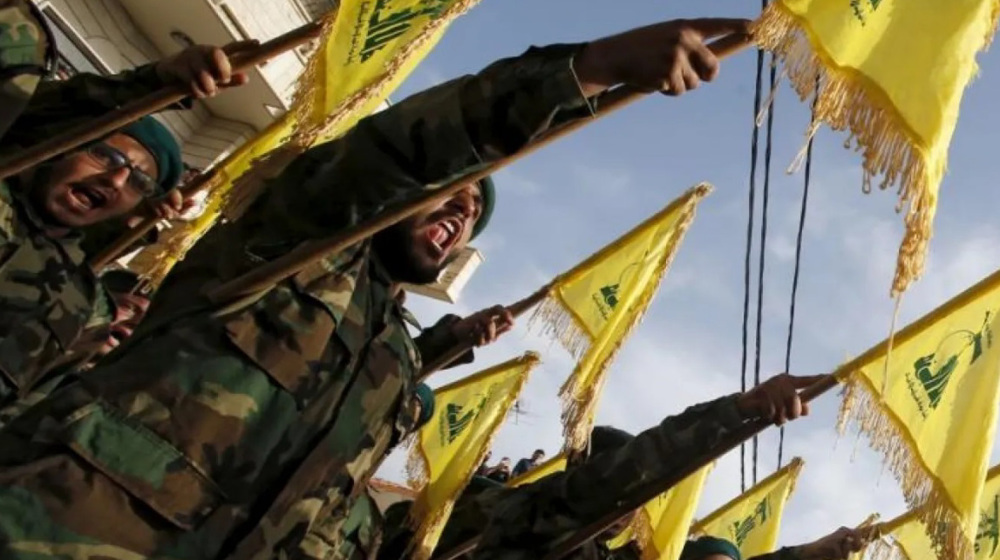



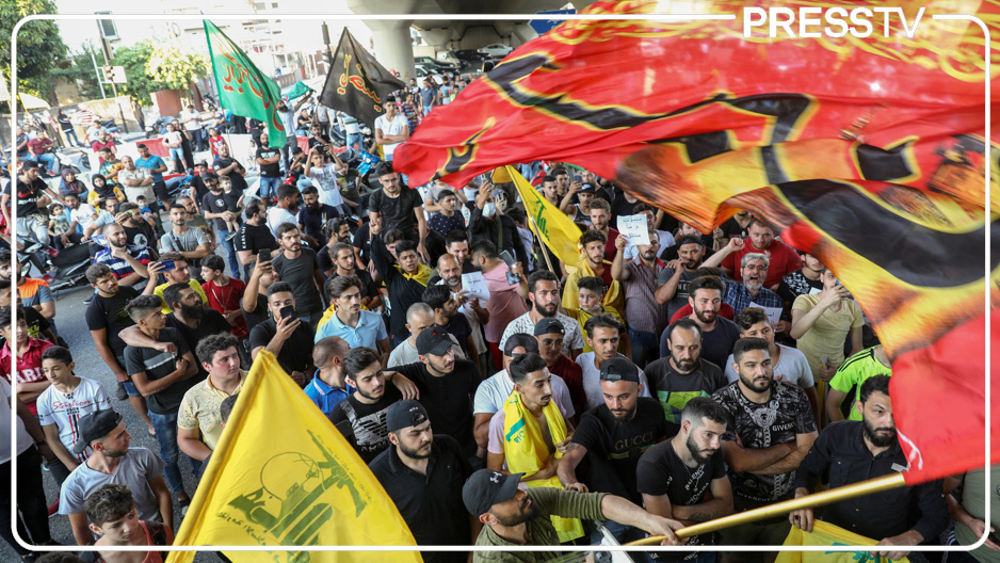
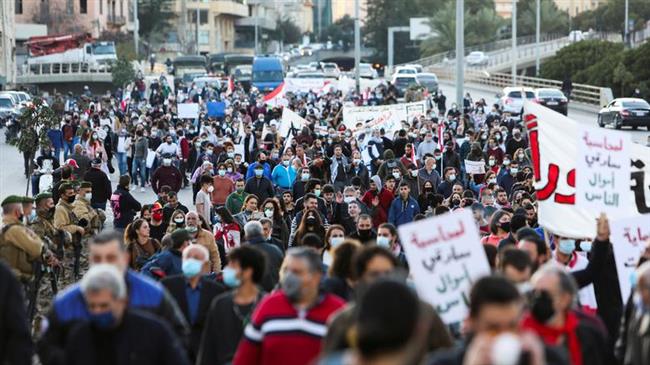
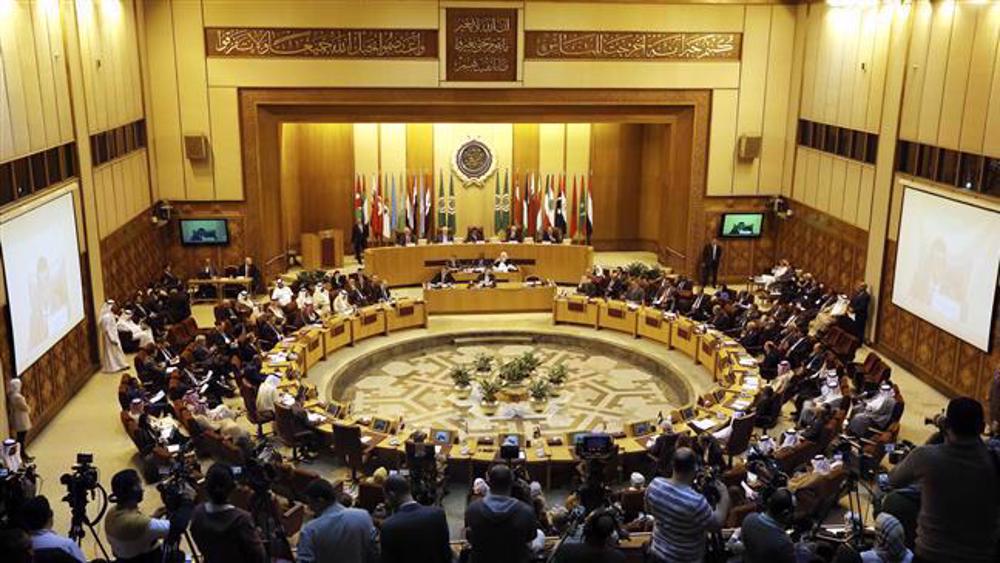
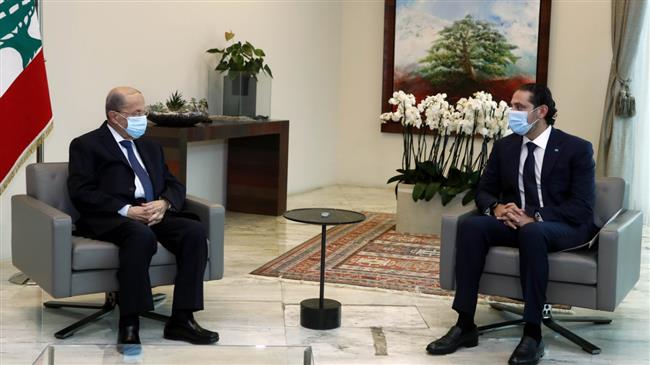
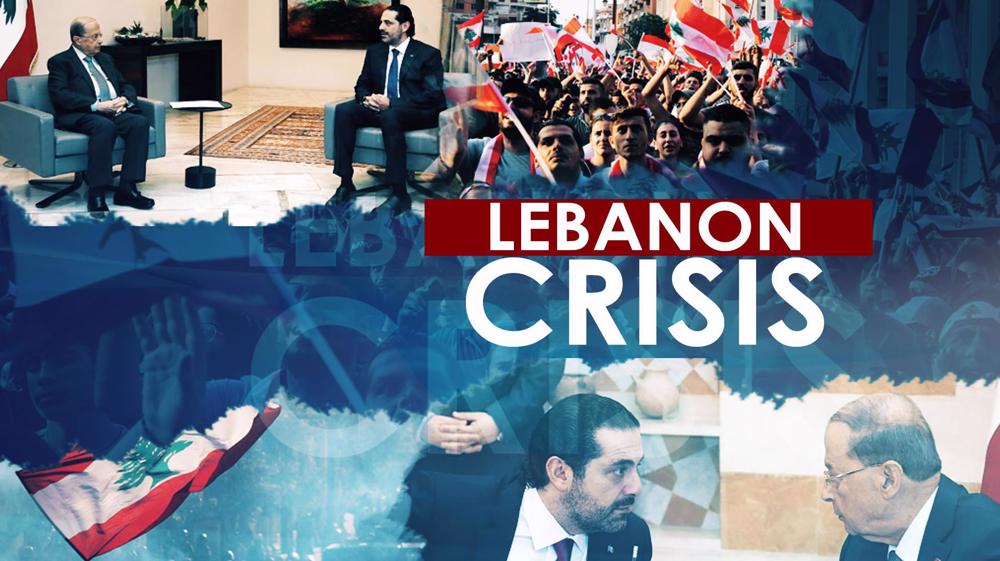
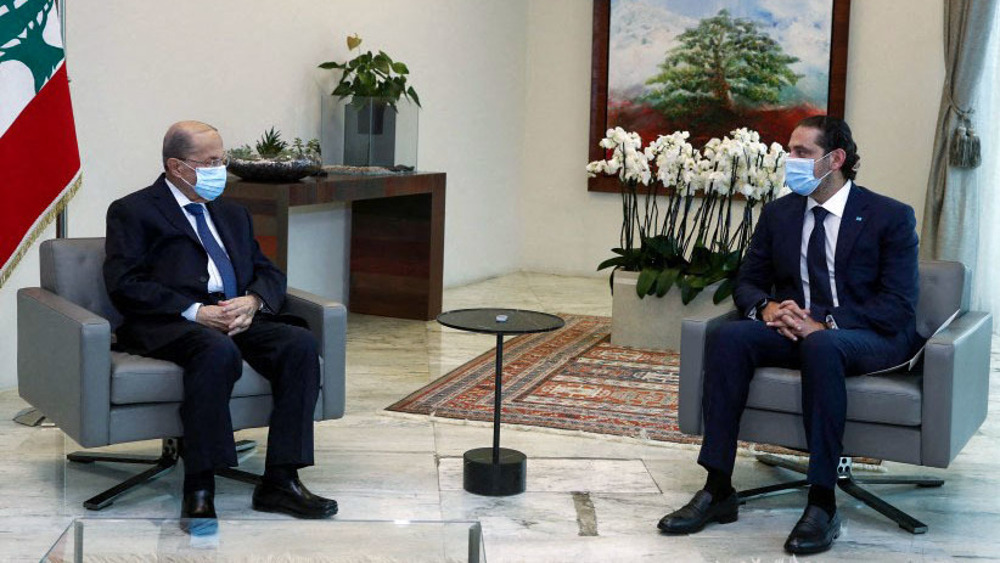

 This makes it easy to access the Press TV website
This makes it easy to access the Press TV website